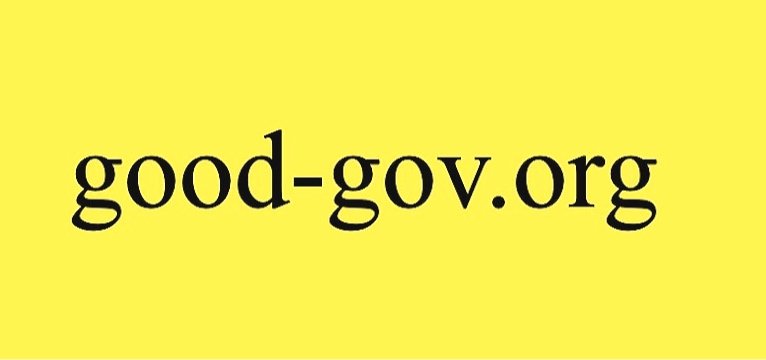What is Sales Chasing?
What is Sales Chasing?
“Sales chasing is the practice of using the sale of a property to trigger a reappraisal of that property at or near the selling price. A subtle, possibly inadvertent, variety of sales chasing may occur when the recorded property characteristics of sold properties are differentially changed relative to unsold properties.” https://www.revenue.nh.gov/mun-prop/property/documents/equalization-manual.pdf
Assessors have legal means to make changes to assessments outside of revaluation years. Permits for home improvement must be captured and valued, fires and natural disaster events will result in new valuations of properties and sales can be verified and corrected based on the MLS pictures. If there are 3 bathrooms and only 2 are on the card, they can add the additionally bathroom; finished basements and attics are often discovered and added. Additionally, physical items are removed when they don’t match the pictures.
The tricky area is changing the subjective factors, the depreciation, the grade, and the condition of the property using the sales pictures. KRT appraisal wrote an email to city officials on sales chasing and stated that an argument could be made that changing these factors would not constitute best practice and could be challenged.
Has this illegal practice been happening in Nashua?
I believe it has and our property is a good example of a property that was chased. We purchased our 41 Berkeley Street home in December 2013 for $725,000. In October 2013, the City had finished a revaluation and equalized all properties in Nashua. Our assessment was $470,000. Within two weeks, the Assessing office raised the assessment to $700,000. The tax bill skyrocketed from $11,000 to $16,800.
In October 2013, after the City revaluated Berkeley Street, most assessments were reduced $100,000. Three months later, we purchased our home at a high price. The Assessor changed the grades on all the baths and kitchen in our house, ranking two as excellent and the rest as good. Three of the bathrooms had 1950’s fixtures and had not been upgraded. To add insult to injury, the Assessor put a hit on the neighbor’s home next door and raised it $200,000, without so much as a knock on the door. We were the only 2 home one the street “corrected.” How would you like to be my neighbor?
If the Assessor had made just data changes on our property record card based on the pictures, the assessment would have changed about $40,000. That would have been legal. What really moved the assessment? The assessor changed the subjective factors, the depreciation and the grade on the property and increase the assessment adding another $200,000. The same assessor was assessing other unsold Berkeley properties with improvements but was not changing either the depreciation or grade factor on these homes.
I live on a street of elegant old homes, many that are well maintained and improved through permit work. There have been many bathroom and kitchen renovations on Berkeley Street. I discovered out of 178 bathrooms, we have the only excellent rating for a bathroom and our kitchen was only one of 2 excellent kitchens. This is simply not In line with other properties and makes me question why.
Another property on 30 Greenwood Drive was purchased in late 2013, and the same Assessor chased this small ranch property as well, using the depreciation and grade factors. He drove the assessment up to 95% of the sale price without considering the improvements on other unsold properties on the street.
All of this turmoil was caused by one assessor, Gary Turgiss, who showed poor judgement. Both properties filed for abatements in 2018. The 30 Greenwood Drive property was corrected by Mr. Turgiss and the depreciation was increased to lower the assessment. Our property was not corrected because the Mayor met with and addressed the assessing staff and it appears he applied undo influence and prevented the problem from being fixed. Our case now sits with the Board of Tax and Land Appeal for correction. We hope to right this wrong.
